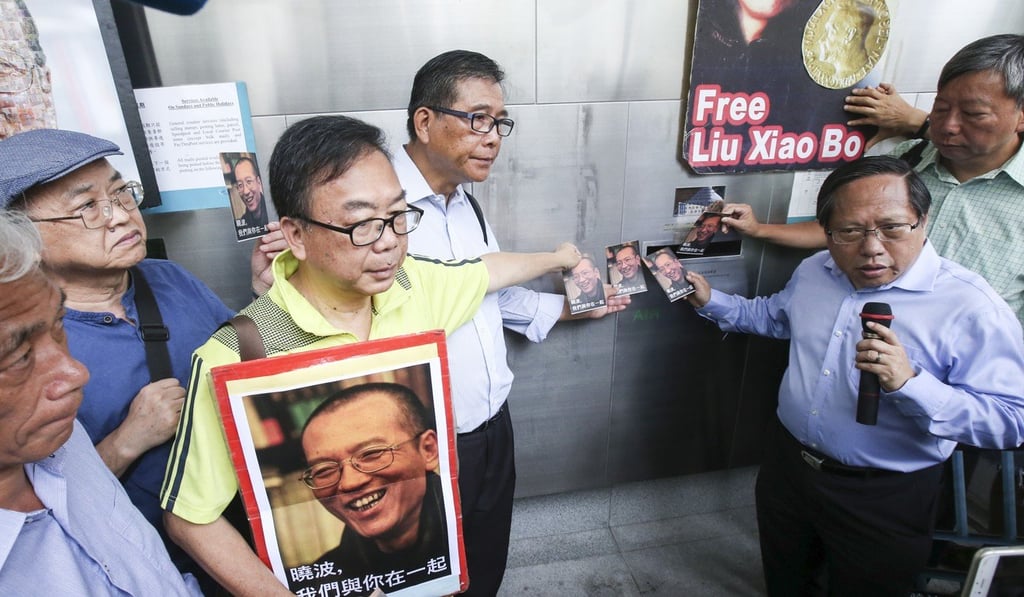How Hong Kong activists helped fund Chinese dissidents caught in Tiananmen Square crackdown
- Hong Kong Federation of Students raised money for those in jail, helped others start businesses and funded Operation Yellow Bird, which smuggled about 150 dissidents out of China
- Among those who received help was dissident Liu Xiaobo, who was awarded the Nobel Peace Prize in 2010 and died in custody seven years later

For several years after the June 4, 1989 military crackdown crushed student-led protests at Beijing’s Tiananmen Square, a group of Hong Kong supporters supplied more than HK$11 million to Chinese dissidents and pro-democracy activists.
They gave to those in jail or exiled, helped dissidents start businesses to finance pro-democracy activities in mainland China, while a big chunk went towards the secret Operation Yellow Bird, which smuggled about 150 dissidents out of China.
The Hong Kong Federation of Students paid for all this from a kitty of about HK$12 million raised in 1989 from Hongkongers who supported the pro-democracy protests in Beijing. Among those who received help was dissident Liu Xiaobo, who was awarded the Nobel Peace Prize in 2010 and died in custody seven years later.

Richard Tsoi Yiu-cheong, former chairman of the federation’s Foundation for China’s Democracy, has kept a detailed record of the sums handed out in secret over the years.
In 1997, when Britain handed Hong Kong back to China, he took the records to Canada and left them there for safekeeping until 2011.